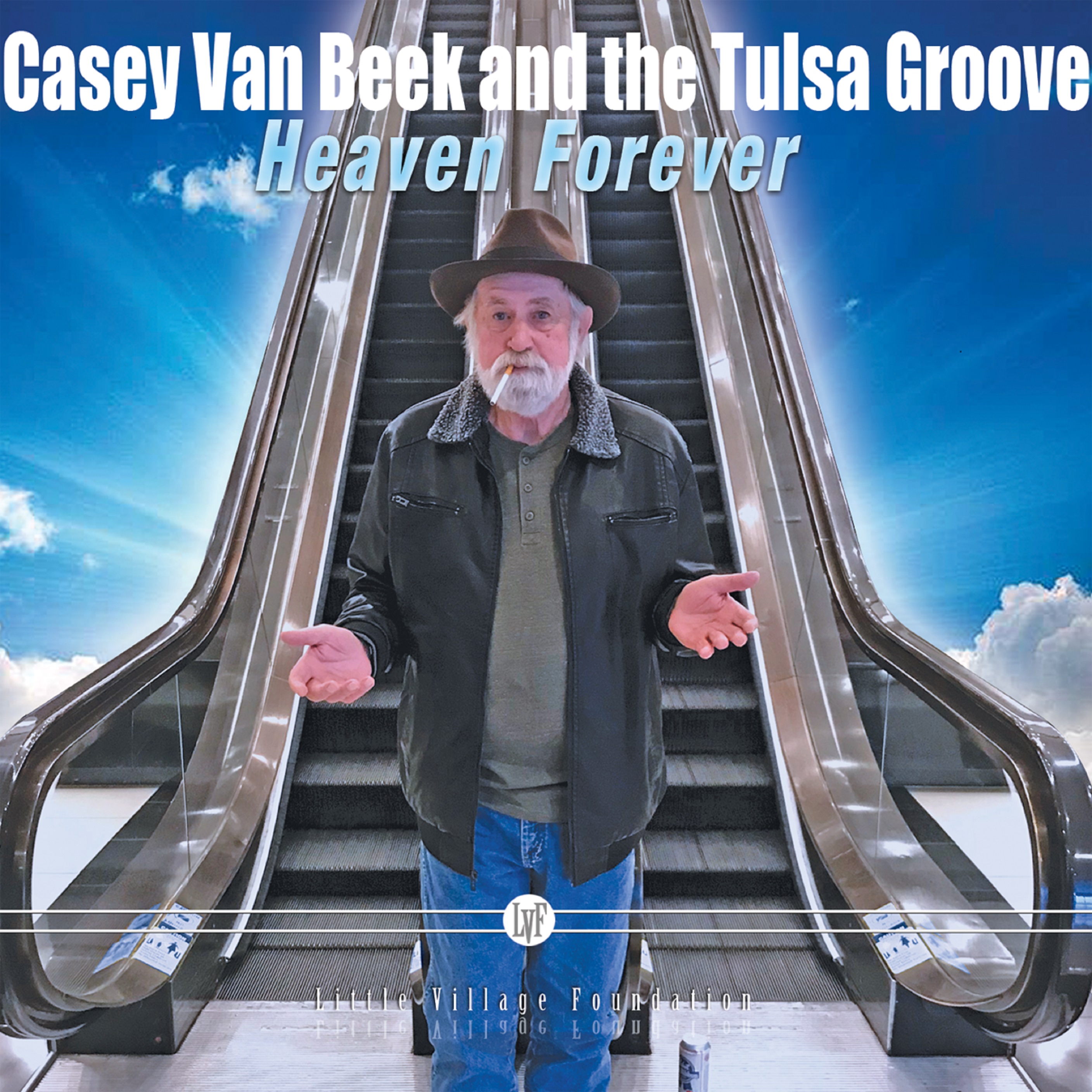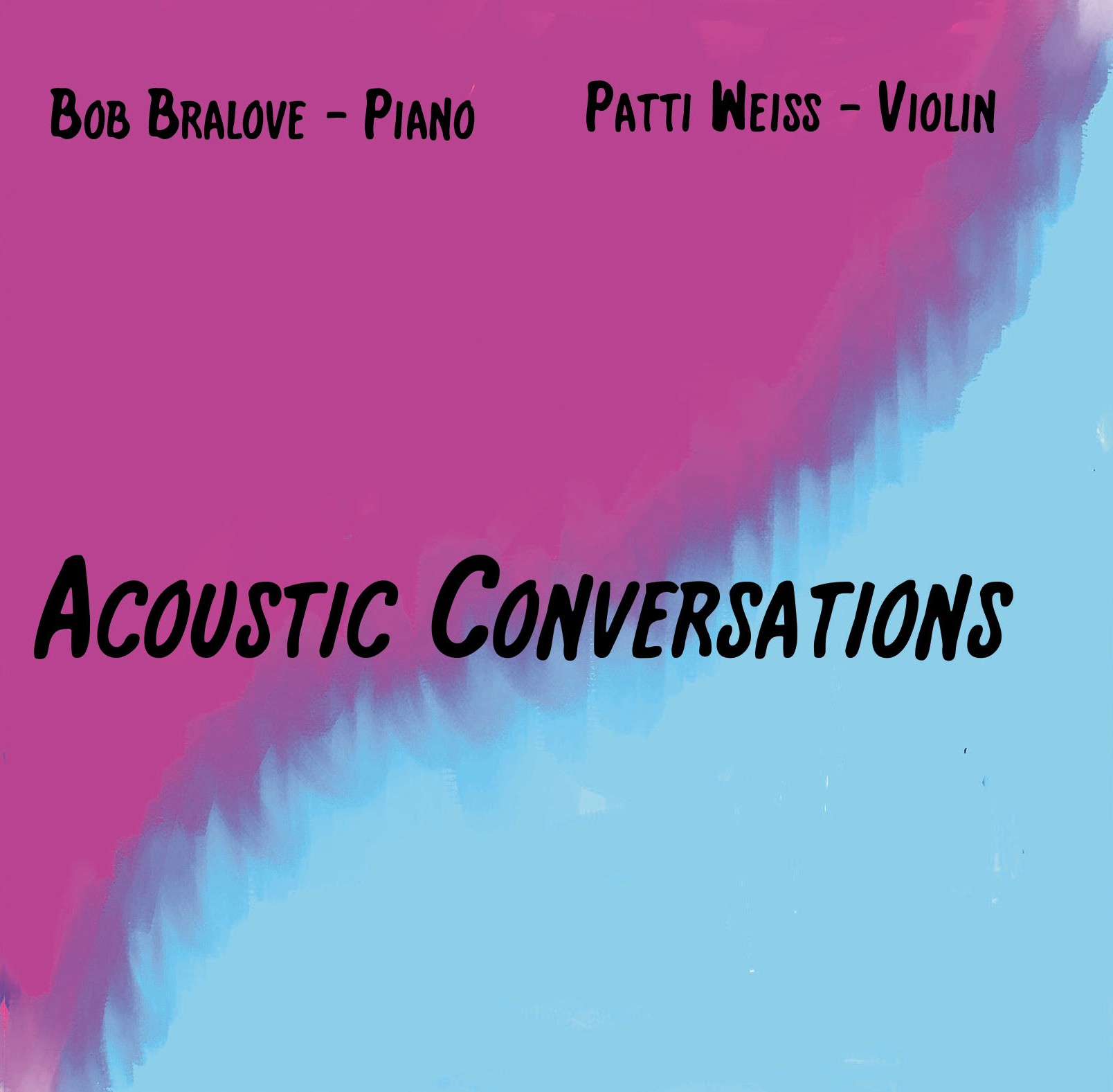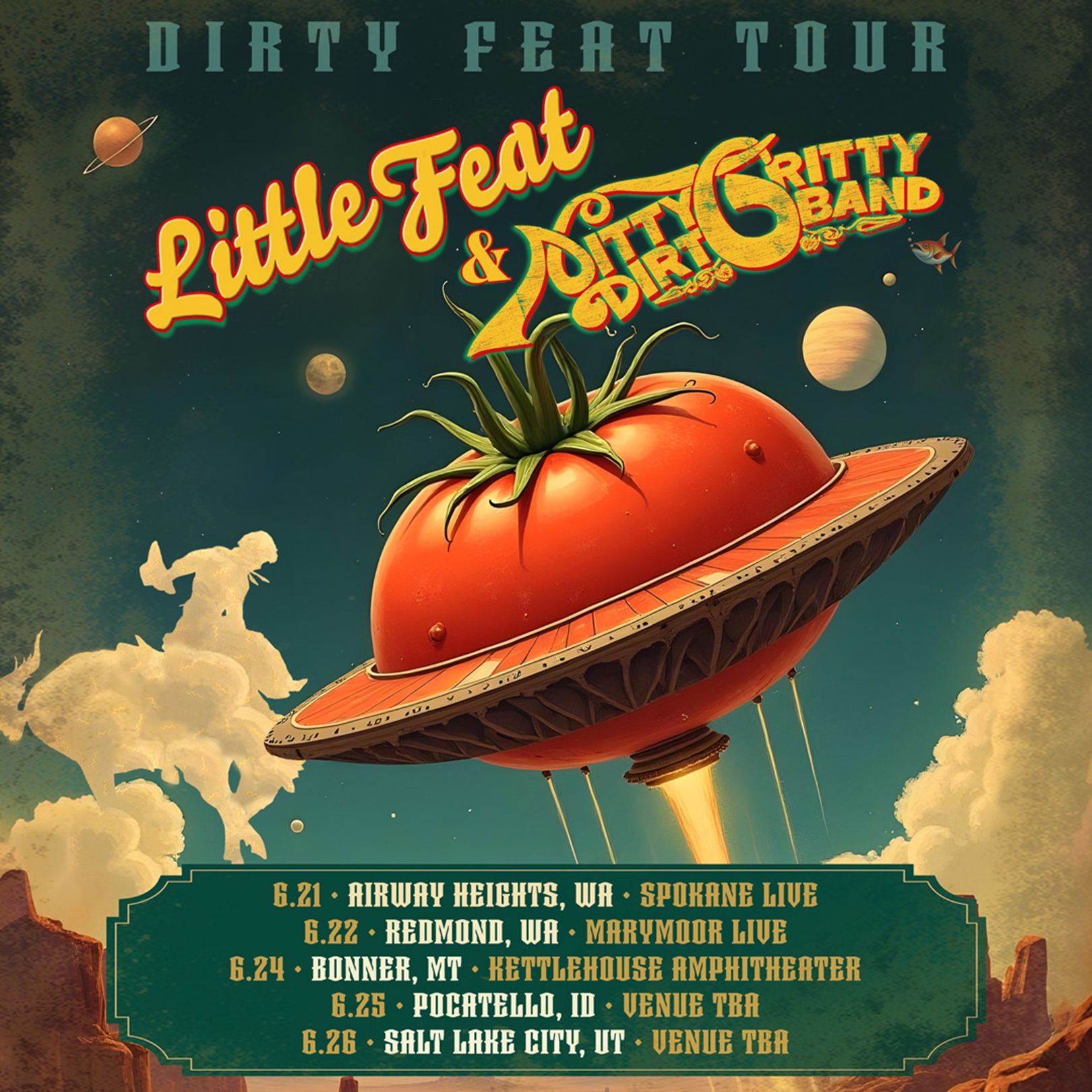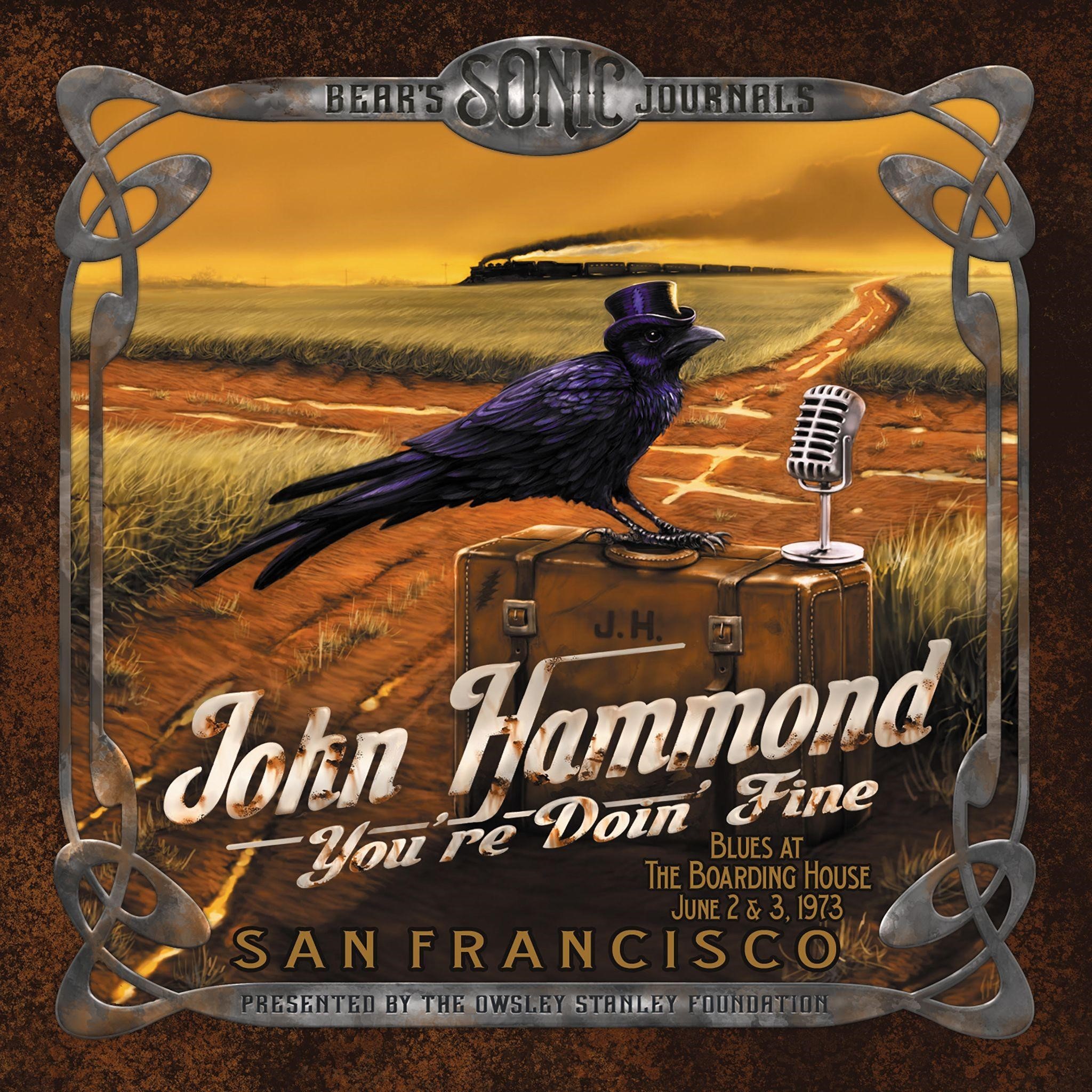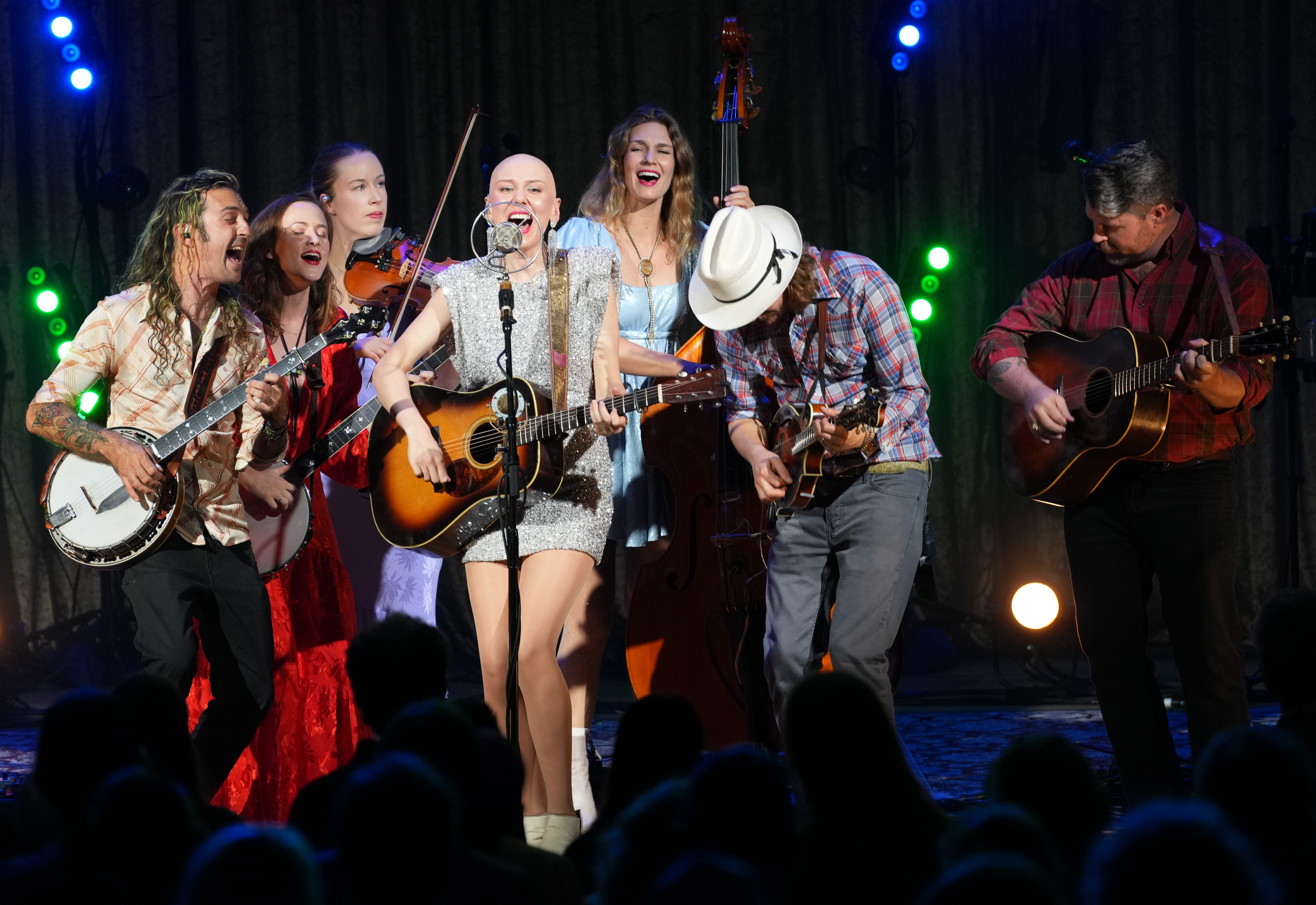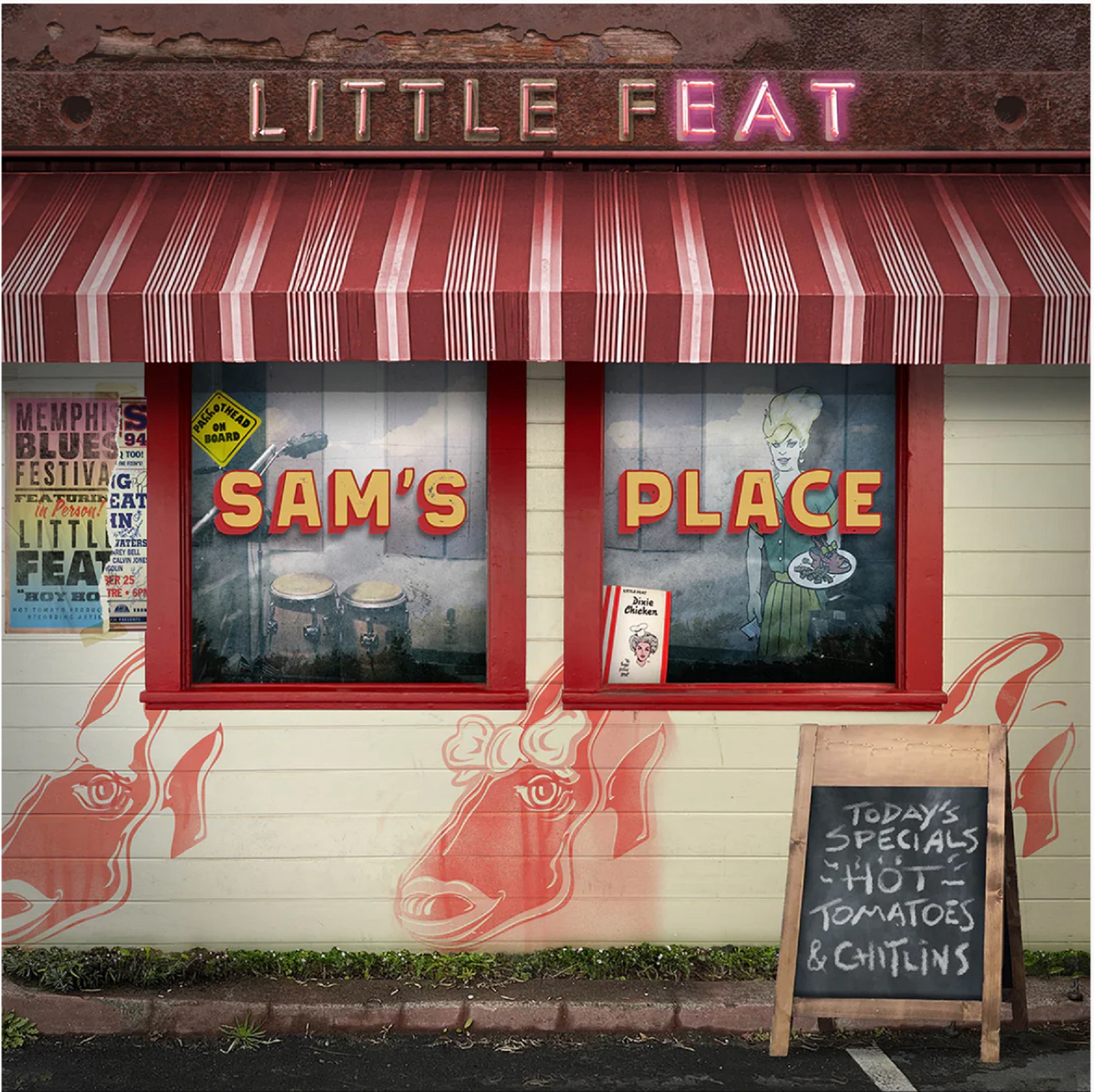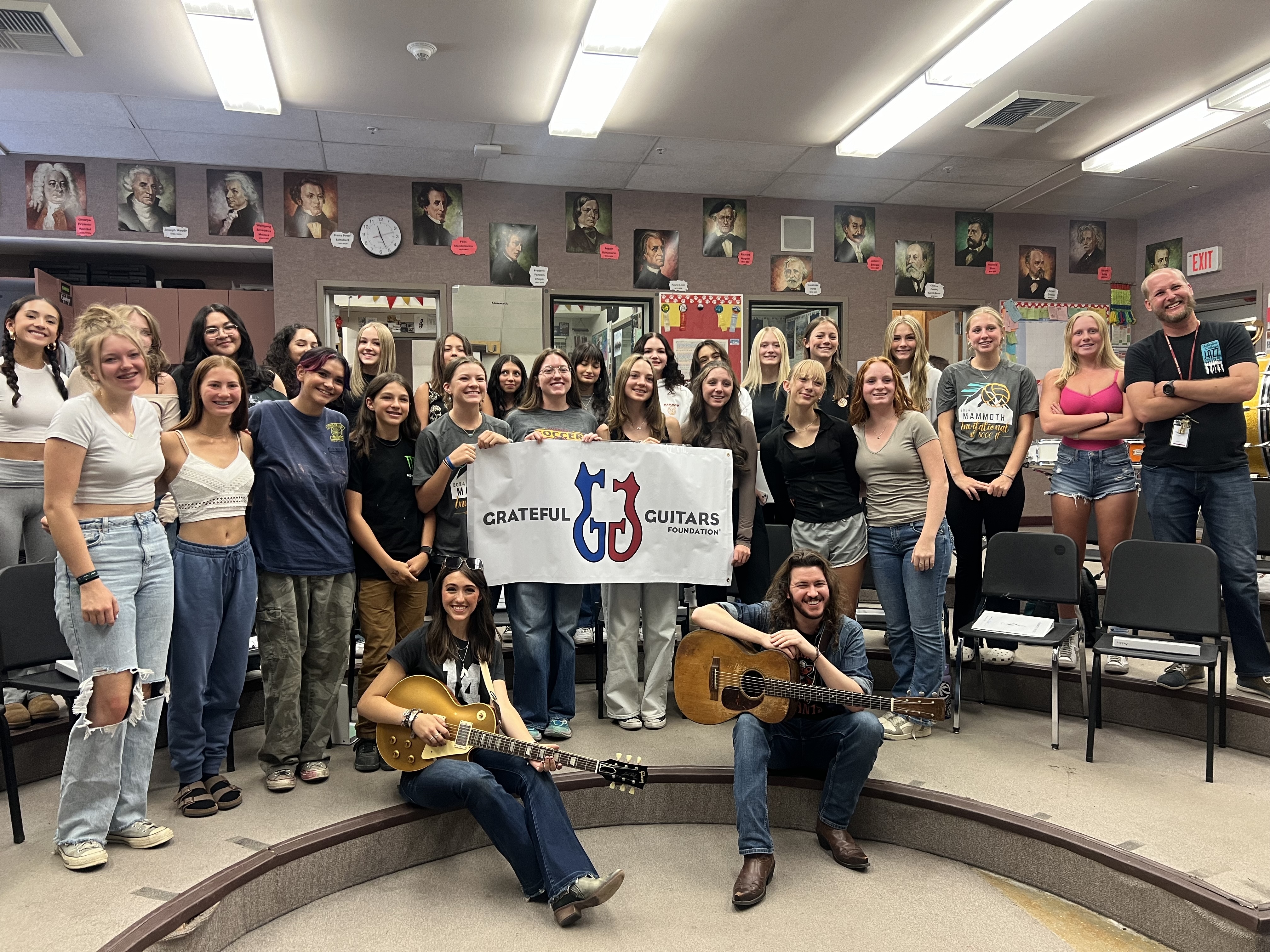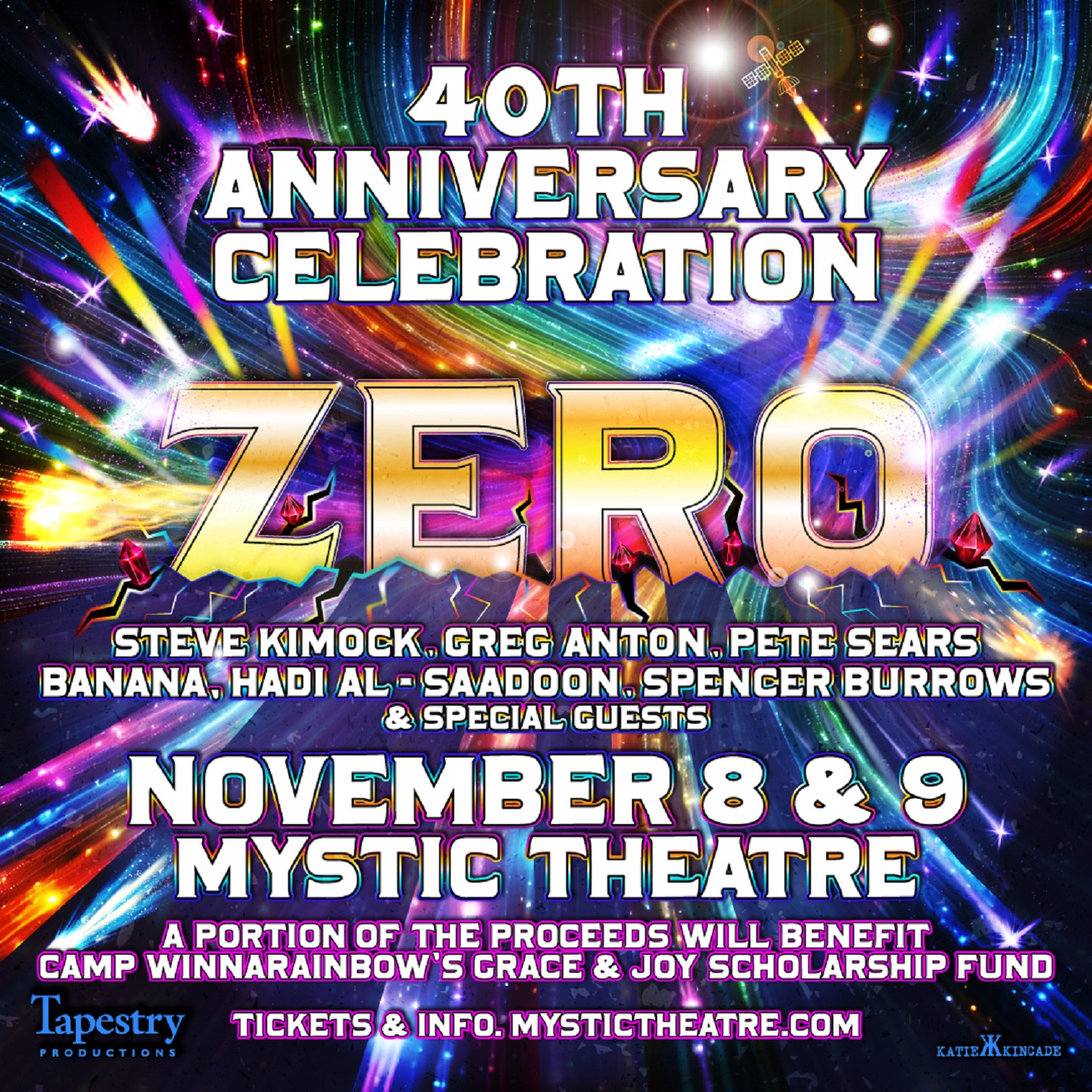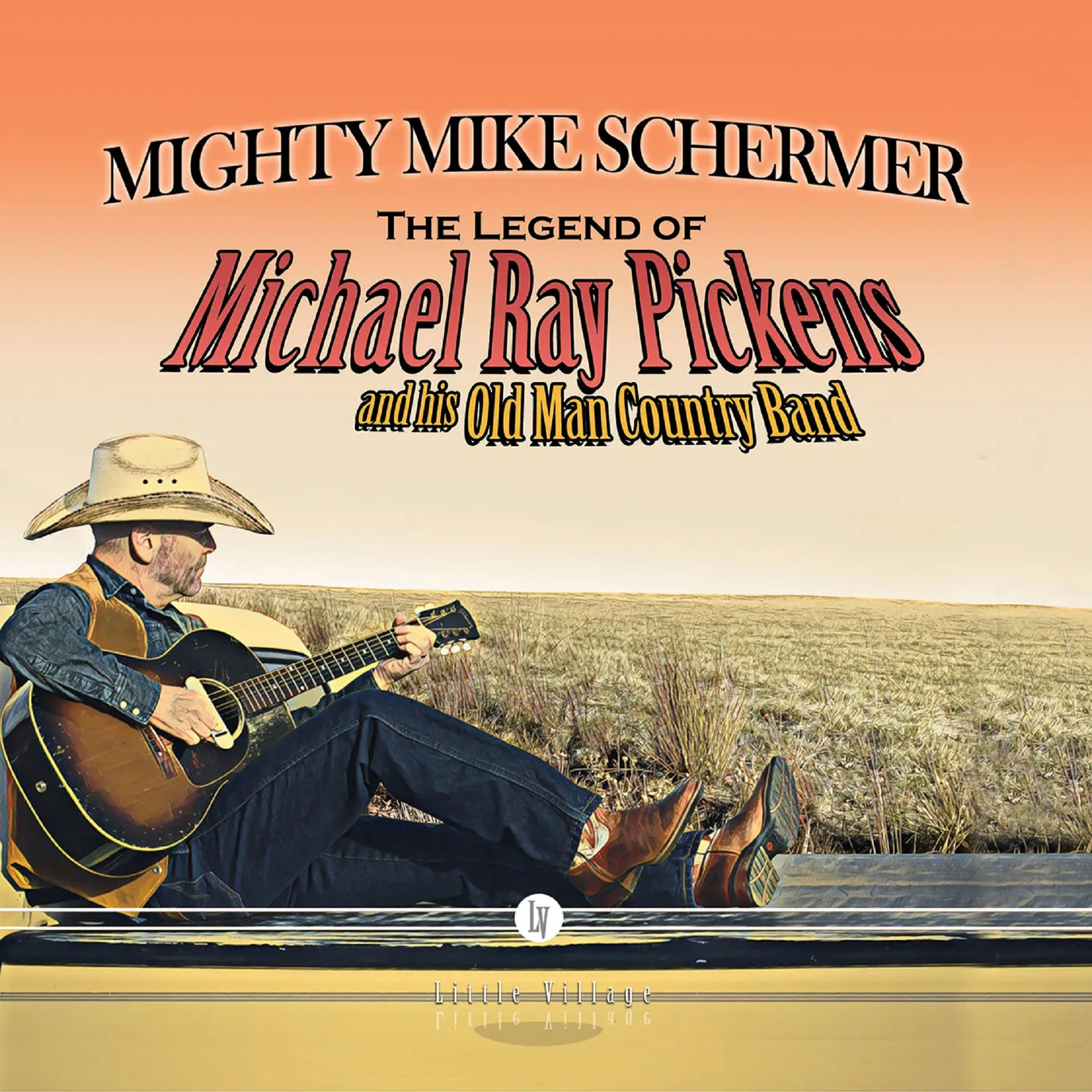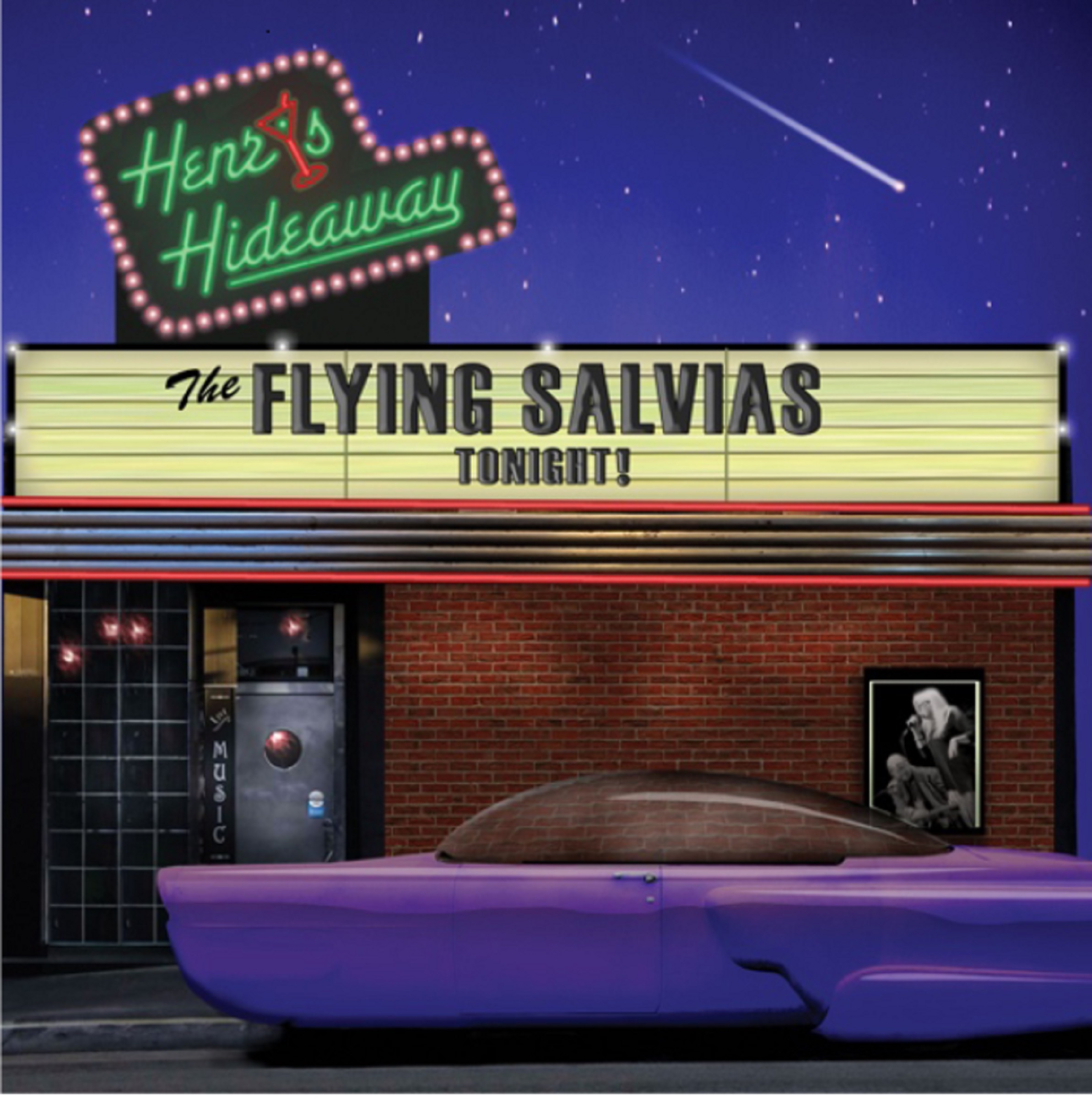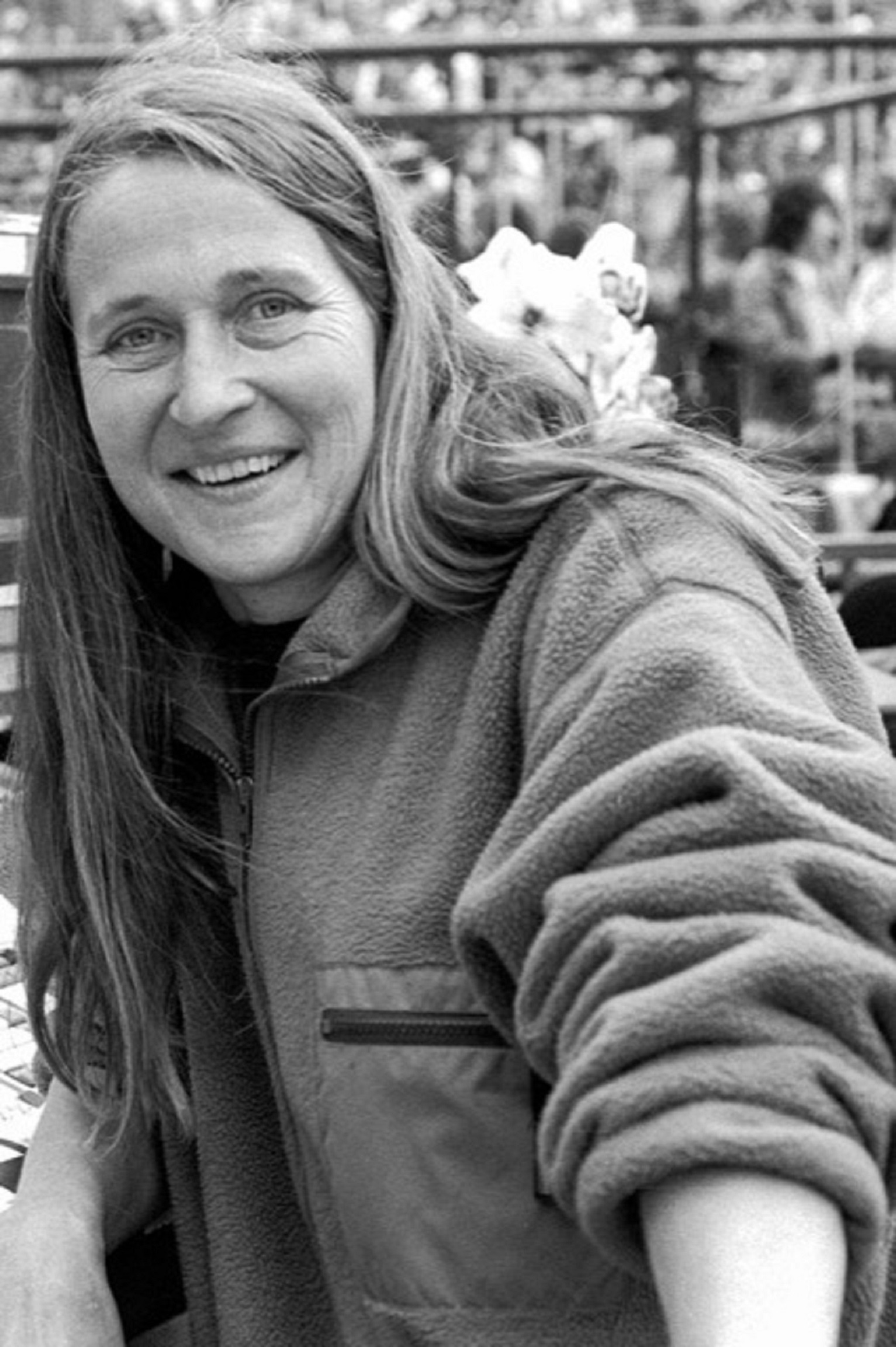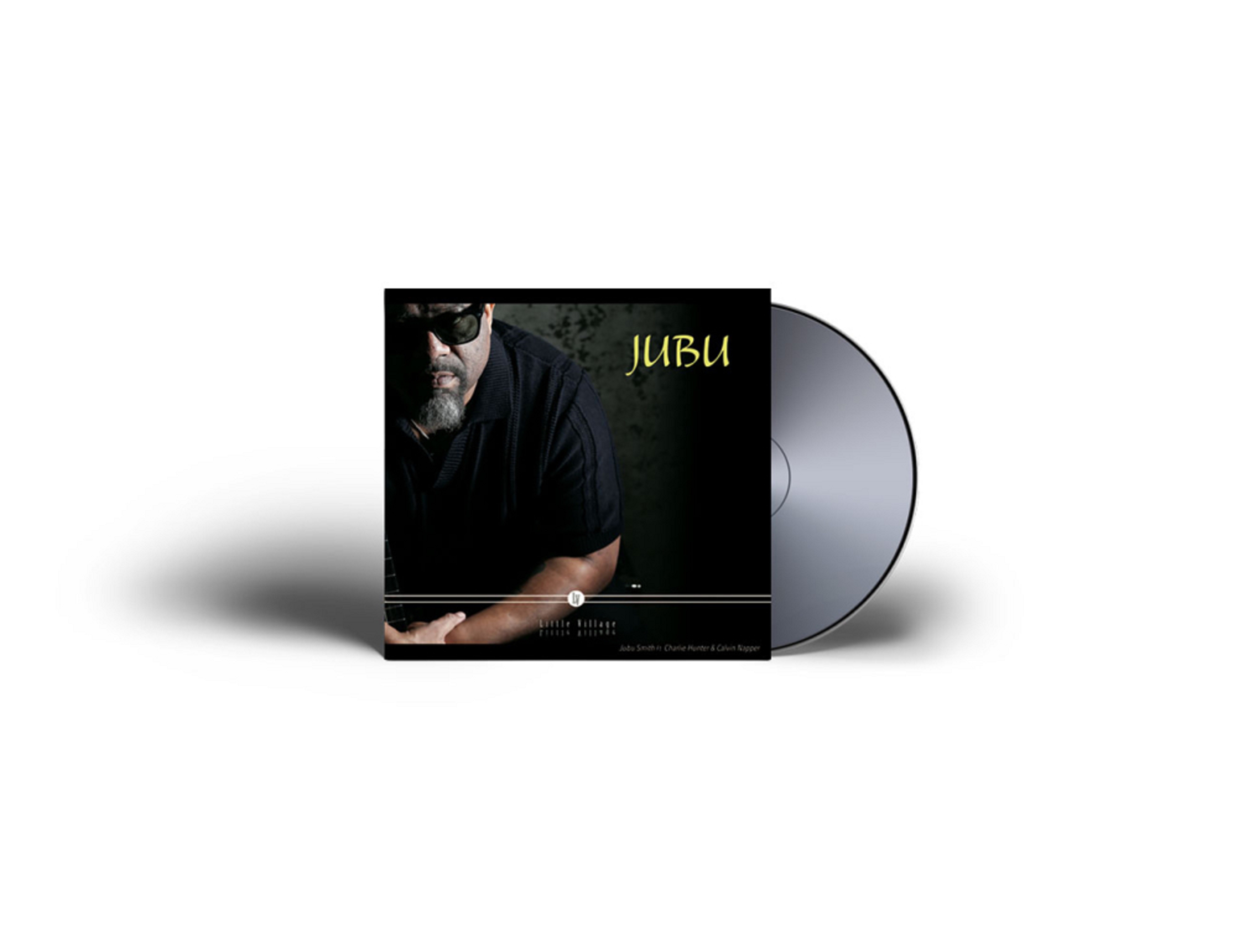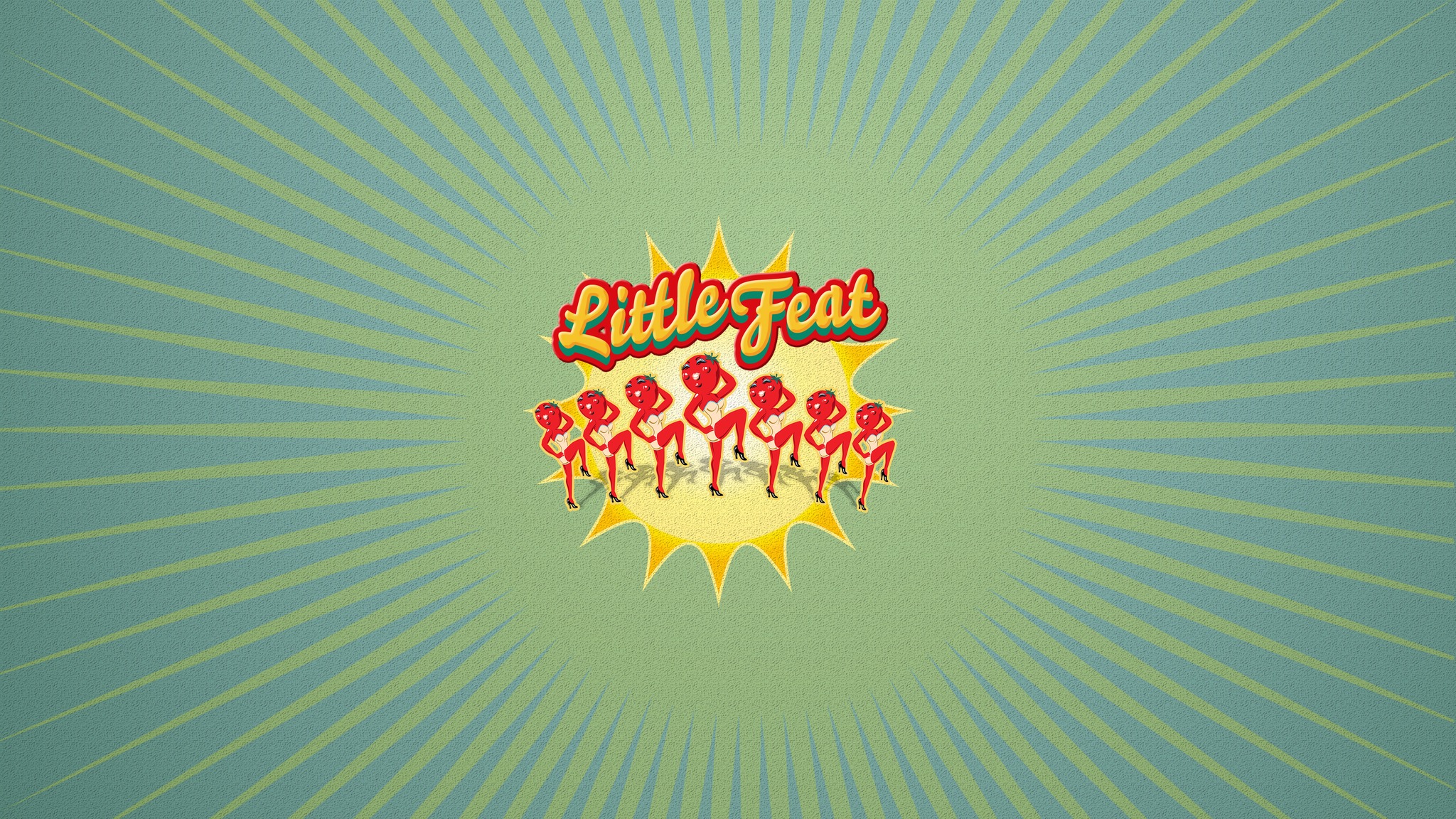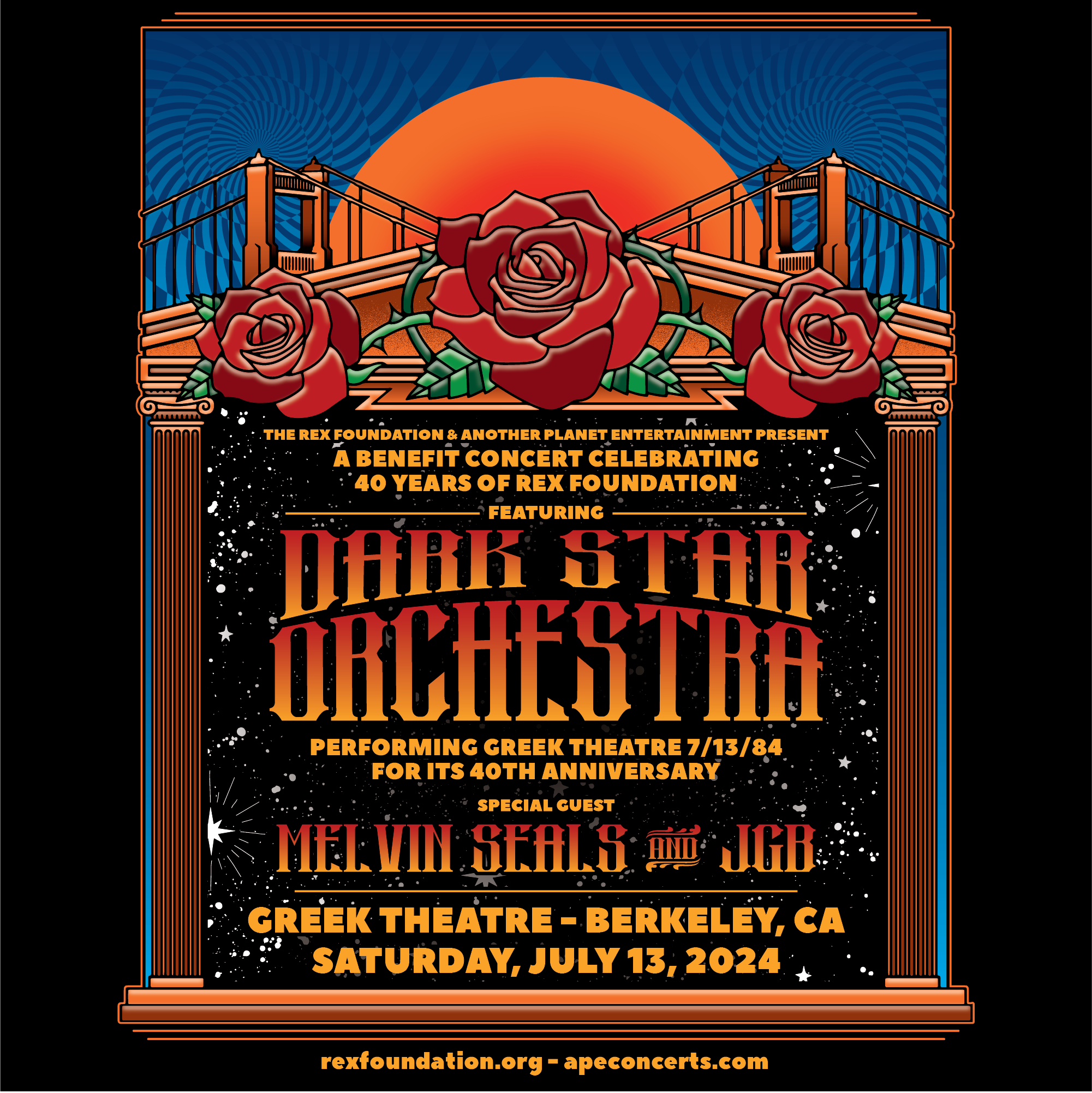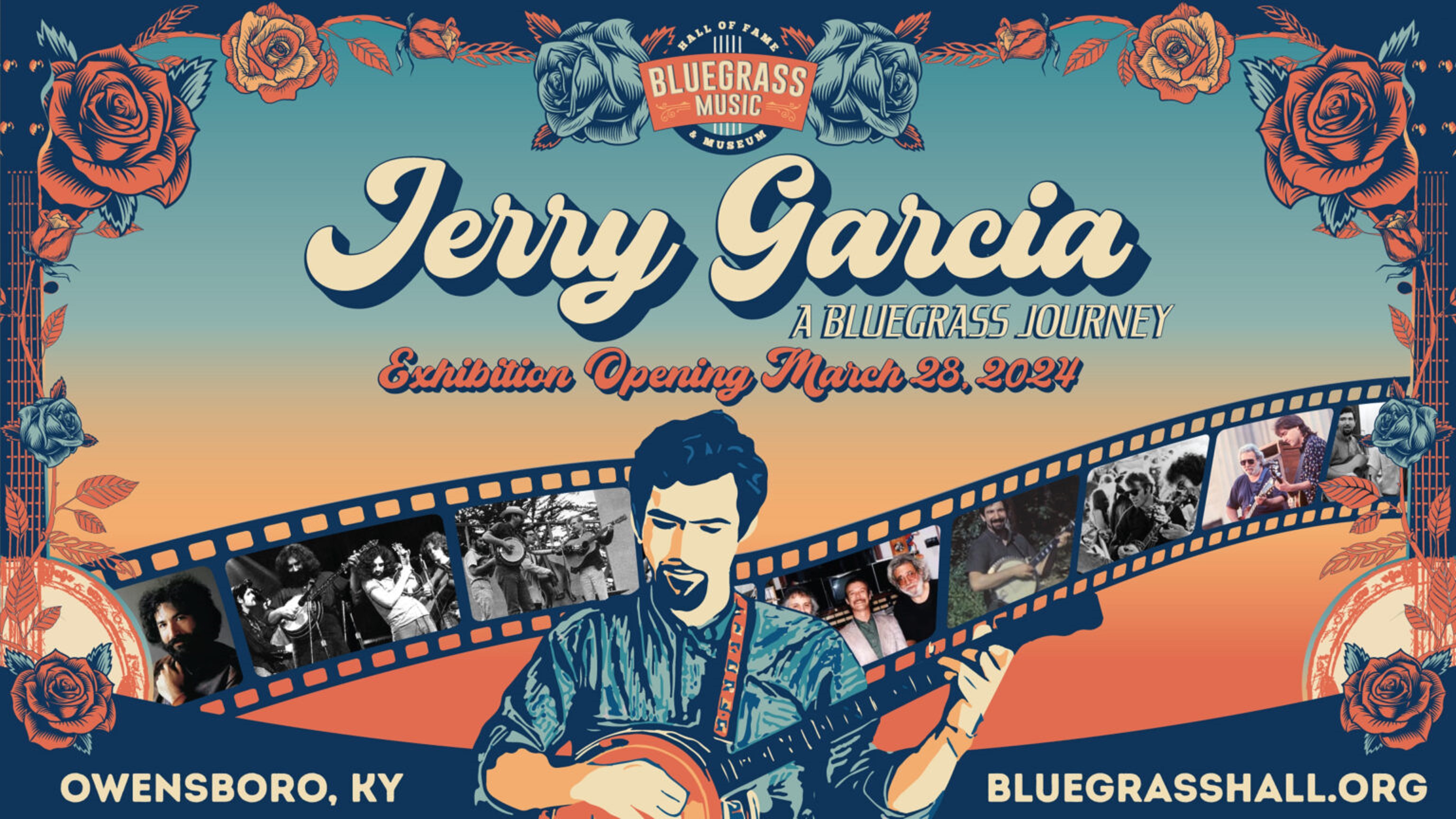Casey Van Beek was born in Holland but raised in Los Angeles from the age of five, and fit right in to the burgeoning local ‘60s rock scene. By his teens he was playing bass and singing in The Vibrants, who opened for the Dave Clark Five and the Rolling Stones’ first L.A. area show, and also toured with Peter and Gordon. He moved on to backing the wonderful Linda Ronstadt, along with two guys named Don Henley and Glenn Frey. When the duo left to start the Eagles, Casey headed to Tulsa with Don Preston to record with the Shelter People, part of Leon Russell’s Shelter Records label.
Tulsa surprised him—the blues, country, and rockabilly had fermented there into a mellow blend called the Tulsa Sound, and he quickly discovered that the bands in town were playing as much Freddy King and B.B. King as Merle Haggard. Then he realized he was home, a place where the music vibes were right, and where you could get out of town into open country in five minutes. It took a while to find his way into the scene, but fairly soon he was in a band with Walt Richmond and Jim Byfield. And is once more.
Eventually, Casey joined Tulsa’s multi-platinum, Grammy-nominated band The Tractors, which included Casey, Walt Richmond, and the future Tulsa Groove member Ron Getman. Three members of the Groove (Richmond, Byfield, and Steve Hickerson), would back Bonnie Raitt during her tenure in Tulsa, playing shows in the area to (successfully!) protest the construction of the Black Fox Nuclear Power Plant. Walt would go on to play on Tulsan JJ Cale’s Grammy-winning Gold album collaboration with Eric Clapton, The Road to Escondido, so impressing Eric that he’s played on all of his albums since then.
When they weren’t on the road collaborating with people like Clapton, Cale, Bonnie Raitt, Linda Ronstadt, or Bill Medley, they played around town. Casey and Walt Richmond began to get tight, first recording Christmas songs, then writing original Christmas songs, then gathering at Walt’s home studio to record more of their own originals and favorite covers, selecting the best players around to add their touches on a few songs at a time. This wasn’t to satisfy anyone’s record contract or dreams of stardom, but out of camaraderie and an enjoyment of each other’s musical company; music for music’s sake. There’s a purity to that. This record, produced by Walt Richmond, showcases what they are capable of when they focus their in-demand skills on their own music. Carrying on the legendary Tulsa sound of forerunners like Leon Russell, JJ Cale and Elvin Bishop, the band is adding their own new flavors while keeping that historic tradition alive for current and future generations.
That’s where the Little Village Foundation came in. Little Village is a nonprofit record label which finds musicians who don’t fit the relentlessly commercial values of the music industry and helps them to be heard. It is motivated by a faith that sees in diversity the seeds of empathy, and out of that connectedness the source of stronger communities and a better world.
And here we have Heaven Forever. The title song, by Walt, is a dry, humorously twisted contemplation of the afterlife; “what we gonna do with all that time…is it too late to change my mind?” “Roberta” is an up-tempo Huey “Piano” Smith tune, complete with the requisite New Orleans bounce. In a proper bow to their roots—really, the whole album is a summing up of the Tulsa Sound—they include JJ Cale’s “Since You Said Goodbye.” Casey and Walt’s “Solid Ground” is a swinging shuffle about the vagaries of romantic life. Groove member Jared Tyler inherited “Waltzing With My Shadow” on the passing of his teacher and friend, Tulsa luthier Dixie Michell. Be careful. It could make you cry.
Walt remarked that what really defined the Tulsa sound was the groove, and then proves it with his and Casey’s “Thinking About You.” If it doesn’t make you want to dance, you might consider rhythm surgery. Peppermint Harris, a running partner of Lightnin’ Hopkins’s, gave the band “I Got Loaded”—which seems to have been pretty much required to hang with Mr. Hopkins. Eddie Shuler founded an important outlet for Cajun music, Goldband Records, and wrote “Sugar Bee,” a song Casey’s been singing for quite a while, which interestingly brings out some of the most prominent guitar in the set.
Casey and Charles Tuberville combined on “Superstitious,” which uses a dry wit to combine the title topic and romance. The trio of Casey, Tuberville, and Richmond wrote “If You Don’t Love Me,” which will tear your heart out: “If you don’t love me, sun don’t need to rise. Leave me in the dark, I won’t need the light.” “Whatcha Think About That” is a great dance groove that is the least mushy love song ever written. “Get On With It” is another love song—but it’s the song of someone who’s been around the block two or three times and then some. It rocks.
Walt was right. Heaven Forever is about the groove(s), deep, wide, and frequent. It’s wonderful American music that’s fresh and fine and brand-new and simultaneously honors its Tulsa roots. I suggest you get on with listening to it….
Heaven Forever by Casey Van Beek and the Tulsa Groove was released on April 24, 2020, via the Little Village Foundation. It is available on all the major digital platforms or go to www.littlevillagefoundation.com





